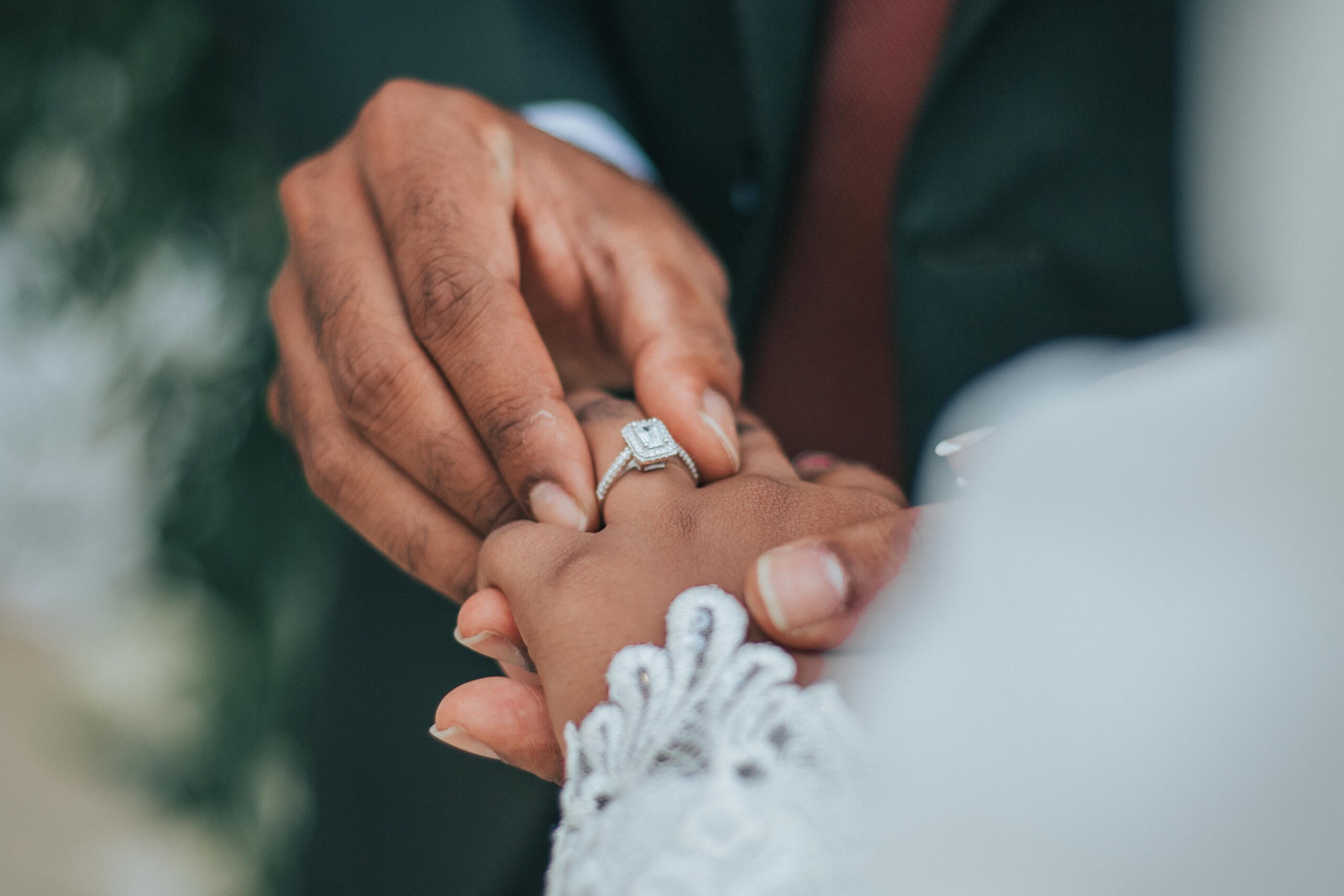In a world where traditional norms are constantly evolving, couples are finding new and meaningful ways to honor their love and commitment. One such celebration that has gained popularity in recent years is the commitment ceremony.
For many couples, a commitment ceremony offers a beautiful alternative to a traditional wedding. It allows them to craft a celebration that truly reflects their values, beliefs and unique love story. Whether it’s an intimate gathering of close friends and family or a grand affair, commitment ceremonies offer couples the freedom to personalize every aspect of their special day.
What Is a Commitment Ceremony?

A commitment ceremony is a non-legal ceremony that allows couples to publicly declare their love, devotion and lifelong commitment to one another. While it does not confer the same legal rights and responsibilities as a traditional marriage, it is a deeply personal and profound event that celebrates the union of two souls.
One of the most beautiful aspects of a commitment ceremony is the opportunity to create and exchange personalized vows. These heartfelt words often resonate more deeply than traditional vows, as they are tailored specifically to the couple’s journey and aspirations for their future together.
They also provide a meaningful way for couples who cannot legally marry, such as same-sex couples in certain regions or those with unique circumstances, to celebrate their love and commitment publicly. It offers a platform for all couples to honor their relationship on their own terms, free from societal or legal constraints.
5 Ways To Hold A Commitment Ceremony
In a world that often moves too quickly, a commitment ceremony serves as a reminder to slow down, savor the moment, and cherish the love that binds two souls together. It is a celebration of the enduring power of love, a testament to the strength of commitment, and a promise to walk side by side through life’s journey, come what may. Here are five ways to do it.
Handfasting Ceremony
This ancient Celtic ritual has its roots in the British Isles, particularly Ireland, Scotland, and Wales. Handfasting ceremonies were once a legal way for couples to marry, with the binding of hands symbolizing their union. The term “tying the knot” is believed to have originated from this tradition.
Unity Candle Ceremony
While the origins of the unity candle ceremony are unclear, it has become a common tradition in many Western wedding and commitment ceremonies. This ritual is often incorporated into Christian ceremonies, with the lighting of the candle representing the couple’s union in the eyes of God.
Sand Ceremony
The sand ceremony is thought to have originated in the Native American tradition, where the blending of sands from two different sources symbolized the joining of two families or tribes. Today, it is a popular ritual in many commitment ceremonies, particularly those with a focus on unity and blending of cultures.
Tree Planting Ceremony
Planting a tree as a symbol of love and commitment has been practiced in various cultures throughout history. In ancient Greece, for instance, couples would plant an olive tree on their wedding day, representing their hopes for a fruitful and long-lasting union. Today, this ritual is often incorporated into eco-friendly or nature-themed ceremonies.
Ring Exchange
The exchange of rings as a symbol of love and commitment dates back thousands of years, with evidence of this tradition found in ancient Egyptian, Greek, and Roman cultures. Historically, the circular shape of the ring represented eternity and the never-ending nature of love.
Facts About Commitment Ceremonies
- Commitment ceremonies can be religious or secular, depending on the couple’s preferences and beliefs.
- Some couples choose to have a commitment ceremony as a precursor to a legal marriage, while others view it as an alternative to traditional marriage.
- These ceremonies often include readings, music, and other personalized elements that reflect the couple’s shared values and interests.
- Unlike traditional weddings, there are no legal requirements or paperwork necessary for a commitment ceremony, allowing for greater flexibility and personalization.
- Commitment ceremonies can be intimate affairs or large-scale celebrations, depending on the couple’s desired level of formality and guest list.
- Many venues, officiant services, and event planners now cater specifically to this kind of commitment ceremonies, recognizing their growing popularity and significance.
